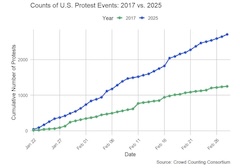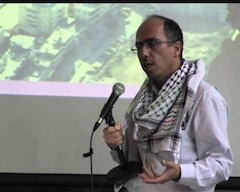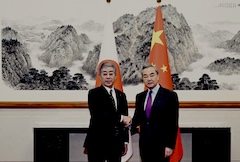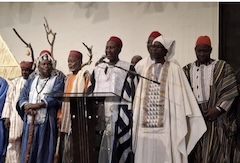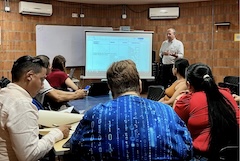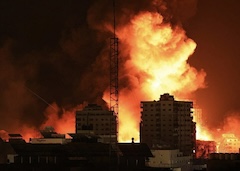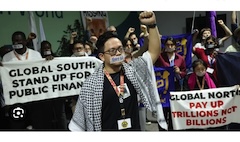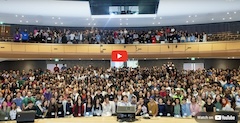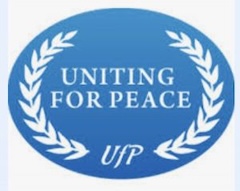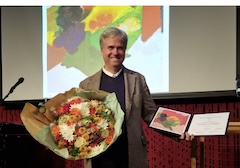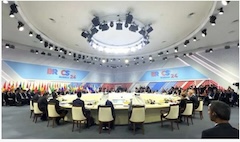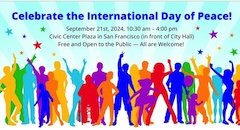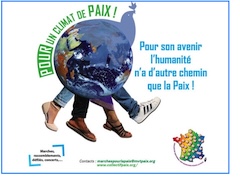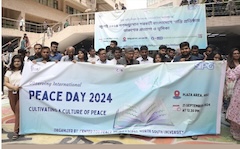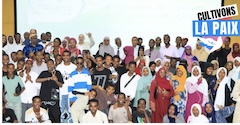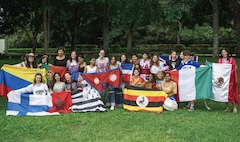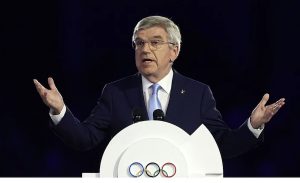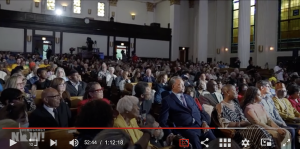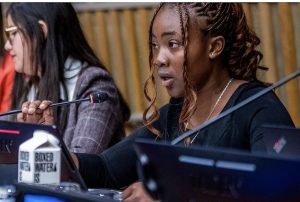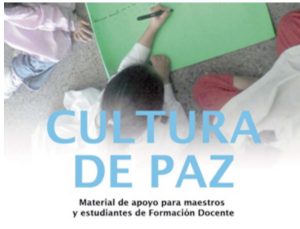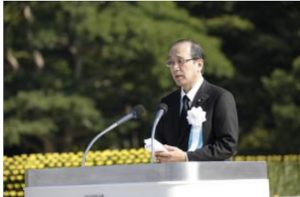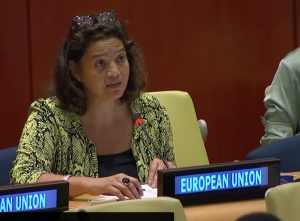We can repeat the introduction to last month’s bulletin:
It has been difficult to find good news this year.
Last month it was the fate of Gaza and the fate of Humanity.
This month it is the devastation being wrought by Trump and Musk.
But there are signs of a fightback, light in this time of darkness.
And this month, the good news, the fightback news, comes primarily from the women who took to the streets on International Women’s Day.
In the US, they stated directly their opposition to the oligarchy of Trump and Musk. In Los Angeles their placard said simply, “Stop `Trump”. In San Francisco, their signs read RESIST No Oligarchs Save Democracy; NO KINGS NO TYRANNY; HELL HATH NO FURY LIKE 170 MILLION WOMEN SCORNED.
In Europe, the theme was more general. For example, in Valencia, Spain, ““We are the cry of those who no longer have a voice” or “We are half the earth, we want half the sky.” And in Amsterdam, “Abortion in the constitution” and “Keep your hands off my womb”.
In Latin American, the demands were radical. In Buenos Aires, rejecting the policies of President Milei, the cry was “Contra el fascismo, el racismo, el patriarcado y el capitalismo”. And in La Paz, Bolivia, one of the most chanted slogans was: “What’s the big deal? They kill us and rape us and the state does nothing,”
In Asia, (Jakarta, Indonesia), the placards demanded “Fair maternity and menstrual leave rights without discrimination” And in Africa,(Abuja, Nigeria): the theme was “commitment to gender equality and empowerment as essential drivers of health for all.”
Codepink celebrated International Women’s Day: “From Los Angeles to Dallas, from Massachusetts to London, UK, our local chapters centered international working women’s resistance to send a powerful and urgent reminder that if women around the world are standing together – liberation from imperialism and militarism is inevitable!”
The fightback against the arrival of fascism in the US as described in last month’s bulletin has continued to develop, especially by trade unions. The American Federation of State, County and Municipal Workers (AFSCME) has launched a new campaign, called Get Organized, or AFSCME GO to fight back against “Elon Musk, billionaires and anti-union extremists.” And Bernie Sanders continued to draw big crowds in districts that voted for Trump. Sanders was joined in Detroit by the head of the United Auto Workers Union.
Although it is not recognized by the major mass media, street protests in the United States against the Trump administration are numerous and frequent, as described in an article from Waging Nonviolence. The authors point out that “Historically, street protest and legal challenges are common avenues for popular opposition to governments, but economic noncooperation — such as strikes, boycotts and buycotts — is what often gets the goods.” They point to the recent effectiveness of boycotts against Tesla and Target as evidence that this is happening now.
The authors conclude that “That Americans seem to be rediscovering the art, science and potency of noncooperation — combined with a robust protest capacity and legal action — shows that resistance against Trump’s agenda in America is not only alive and well. It is savvy, diversifying and probably just getting started.”
|
WOMEN’S EQUALITY |
SUSTAINABLE DEVELOPMENT |
FREE FLOW OF INFORMATION |
DISARMAMENT & SECURITY |
|
TOLERANCE & SOLIDARITY |
EDUCATION FOR PEACE |
DEMOCRATIC PARTICIPATION |
HUMAN RIGHTS |







